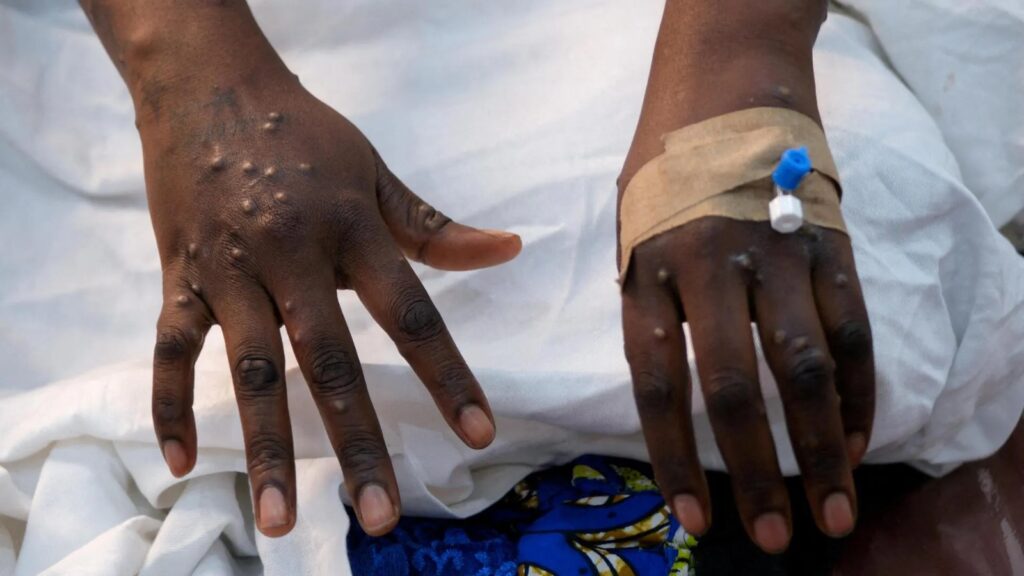
Ethiopia and South Sudan are on high alert after health authorities reported an outbreak of the deadly Marburg virus in southern Ethiopia, near the Sudanese border. The announcement, made on November 14 by the Ethiopian Ministry of Health and the Ethiopian Public Health Institute, comes as part of urgent measures to contain the haemorrhagic virus, one of the most lethal globally
High risk virus
Marburg virus is among the deadliest viral haemorrhagic fevers, with mortality rates reaching up to 88%. However, early medical intervention and quality healthcare can significantly reduce fatalities. The outbreak has drawn regional and international attention, as the disease historically causes limited but highly fatal outbreaks across Africa
International response
Dr Jean Kasia of the African Centres for Disease Control praised Ethiopia for its rapid and transparent response, confirming that his team is working directly with national authorities to provide technical support for monitoring and containment. The organisation has supplied Ethiopia with testing equipment, enhanced laboratory training in genomic sequencing, bioinformatics, and biosafety, and improved personal protective equipment (PPE) protocols for handling samples
Preventive measures in South Sudan
South Sudan, which shares a border with the affected Ethiopian regions, has strengthened its preventive measures. Health Minister Sarah Klito Rial confirmed that the government is coordinating with the World Health Organization (WHO) and international partners to boost surveillance and preparedness. No confirmed cases have been reported in South Sudan. Citizens are urged to report suspected symptoms promptly while adhering to official health guidelines.
The South Sudanese authorities have reactivated the Public Health Emergency Operations Centre in Juba to coordinate risk assessment, prioritise high-risk areas, and manage rapid response teams in vulnerable states, including Eastern Kapoeta and Greater Pibor. A 72-hour emergency response plan has been activated and travel advisories issued to inform citizens and travellers about protective measures.
Sudan’s position
Local sources report that Sudan has yet to announce any federal health measures against cross-border spread, raising concerns about readiness in the event of a potential outbreak along its borders with Ethiopia and South Sudan.
Marburg virus belongs to the same family as Ebola and is primarily transmitted from fruit bats (Rousettus aegyptiacus) to humans. Human-to-human transmission occurs through direct contact with bodily fluids such as blood, sweat, or saliva, or via contaminated surfaces. Despite its rarity, the virus is extremely dangerous and capable of causing fatal outbreaks if uncontrolled.
Symptoms appear suddenly after a 2–21 day incubation period, including high fever, severe headache, intense muscle pain, acute watery diarrhoea, abdominal pain, and a skin rash. Advanced cases may involve internal and external bleeding, blood in vomit and stool, extreme weakness, mental confusion, and multi-organ failure.
WHO and the US Centers for Disease Control and Prevention (CDC) recommend strict preventive measures: avoiding caves and mines inhabited by fruit bats, steering clear of infected animals such as monkeys or bats, using PPE for healthcare workers, rigorous hand hygiene, avoiding contact with fluids from infected or deceased individuals, and ensuring safe burial practices under medical supervision.
There is no approved vaccine or specific treatment for Marburg virus. Medical care focuses on intensive supportive therapy, including fluid and electrolyte replacement to prevent dehydration, blood or plasma transfusions when necessary, symptom management, and strict isolation of patients to prevent further spread. Containment relies entirely on preventive measures and adherence to health protocols.
Marburg virus was first identified in 1967 during simultaneous outbreaks in Marburg and Frankfurt in Germany, and Belgrade, Serbia, linked to laboratory work on imported African monkeys from Uganda. Since then, outbreaks and cases have occurred in several African countries, including Angola, DRC, Equatorial Guinea, Ghana, Kenya, Rwanda, South Africa, Tanzania, and Uganda, making Marburg virus a major public health concern on the continent.




